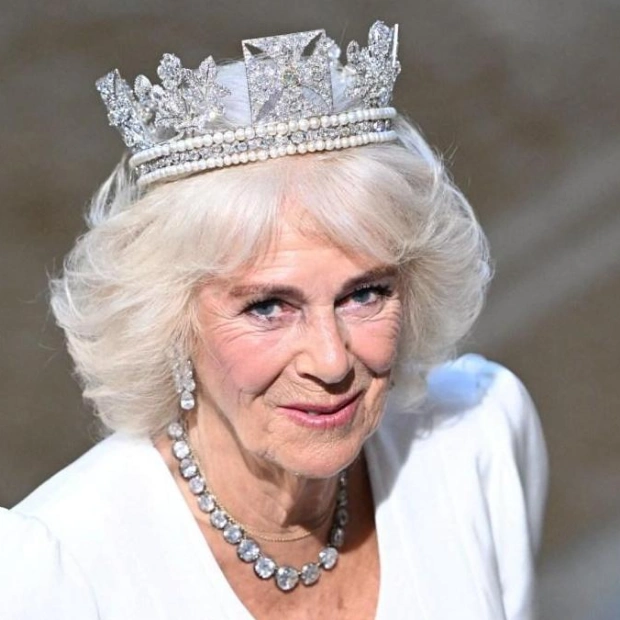Professional Sarah, aiming to buy a two-bedroom apartment in Downtown Dubai, realized she couldn't manage the cost alone. Thus, she combined her finances with her friend Nadia to secure a prime property. Both in their 30s, they now cohabit and split the mortgage and upkeep expenses. They are part of a growing number of women in the UAE who are teaming up with friends and family to invest in real estate, either living together or renting out the property and sharing the profits.
Zarah Evans, Managing Partner at Exclusive Links Real Estate, explains that economically, pooling resources makes home ownership more attainable and accelerates market entry. Socially, the appeal lies in women's desire for independence and strong friendships, with gender dynamics also influencing financial discussions and collaborative decisions, promoting inclusivity and unity. Evans highlights this trend as showcasing collaborative living and mutual support among women.
Jeff Raju, CEO of Manifest Real Estate, emphasizes the importance of nurturing this trend in the UAE, stating it's crucial for a more inclusive and dynamic real estate market. His female clients often collaborate with relatives, friends, or business associates to pool resources, enabling investments in higher-value properties or diversifying their portfolios. Joint property purchases allow women to share financial responsibilities, leverage diverse expertise, and enhance their investment power.
Lakshmi, who purchased a property with her cousin three years ago, has significantly expanded her portfolio through their partnership. Initially investing in smaller units, they recently bought a semi-detached four-bedroom villa in Dubai South for Dh3.4 million. They are undecided about living there or renting it out but are inclined towards the latter.
Despite the benefits, Evans advises that clear agreements and legal contracts are essential for joint property purchases. She recommends discussing and documenting each party's contributions, responsibilities, and future management plans. Buying property in joint names in Dubai is possible, and defining ownership percentages can be specified on the title deed. For future sales, all joint owners must consent, and a collective investment agreement can outline the process for selling shares.
This trend of women partnering for property investments is relatively new but has gained momentum in the past five to seven years, accelerated by the pandemic's emphasis on secure housing and stable investments. Rising rental prices in Dubai have also nudged many towards buying. Evans notes that investments typically range from Dh1 million to Dh3.5 million, influenced by location convenience. Women often start with apartments bought with friends and later make independent purchases.






